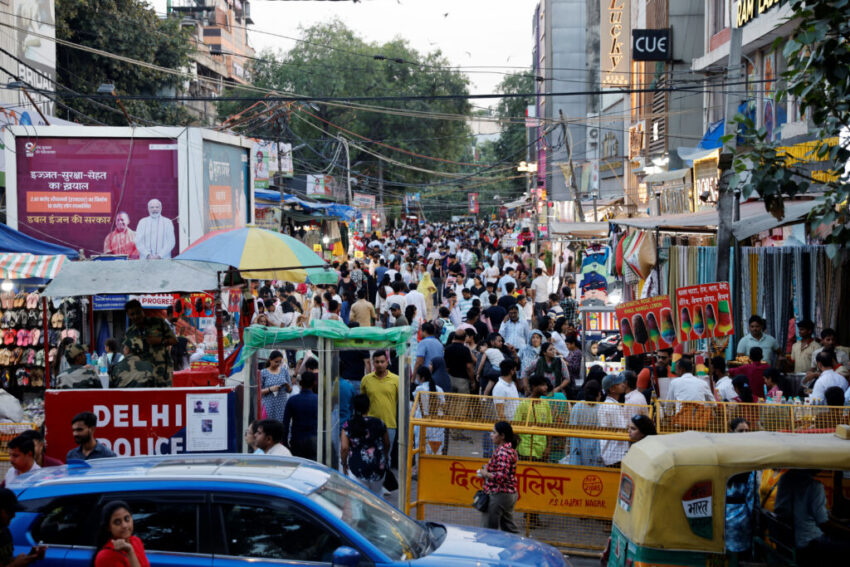
India will extend verification of electoral rolls to more regions, covering over half a billion voters – a move likely to spark opposition protests over alleged attempts to manipulate elections.
The so-called special intensive revision will begin next month and will cover 12 provinces and federally-administered territories, four of which are heading for local polls next year, the country’s poll body said.
There is frequent migration, multiple registrations, wrongful inclusion of foreigners and inclusion of deceased voters, said Chief Election Commissioner Gyanesh Kumar. “For these four reasons, the Election Commission decided that a national special intensive revision should take place in a phased manner.”
Opposition parties allege the exercise is politically motivated and designed to benefit the ruling bloc, accusing it of manipulating electoral rolls and misusing state machinery to secure victories. The Election Commission’s June voter list revision in poll-bound Bihar state was challenged in court, which directed the poll body to ease documentation rules.
India has almost one billion registered voters and a revision of their electoral status would require a large percentage to submit extensive documentation proving their citizenship and their residence. In the past, special revisions have been conducted across states but the latest announcement comes after Prime Minister Narendra Modi recently launched a demography mission.
The revision will take place in the states of Chhattisgarh, Goa, Gujarat, Kerala, Madhya Pradesh, Rajasthan, Tamil Nadu, Uttar Pradesh, West Bengal, as well as in Andaman & Nicobar Islands, Puducherry and Lakshdweep territories.
According to the Election Commission of India, the special intensive revision is conducted to ensure that “eligible citizens are included in the electoral roll.” It said meetings have been held last week to prepare for the exercise. The publication of the final electoral rolls is slated for February.
Prime Minister Narendra Modi and his ruling Bharatiya Janata Party claim that illegal immigrants are changing the demography of the country and are casting votes in elections. Critics believe that these electoral revisions are part of a government plan, accusing the Election Commission of being partisan.



